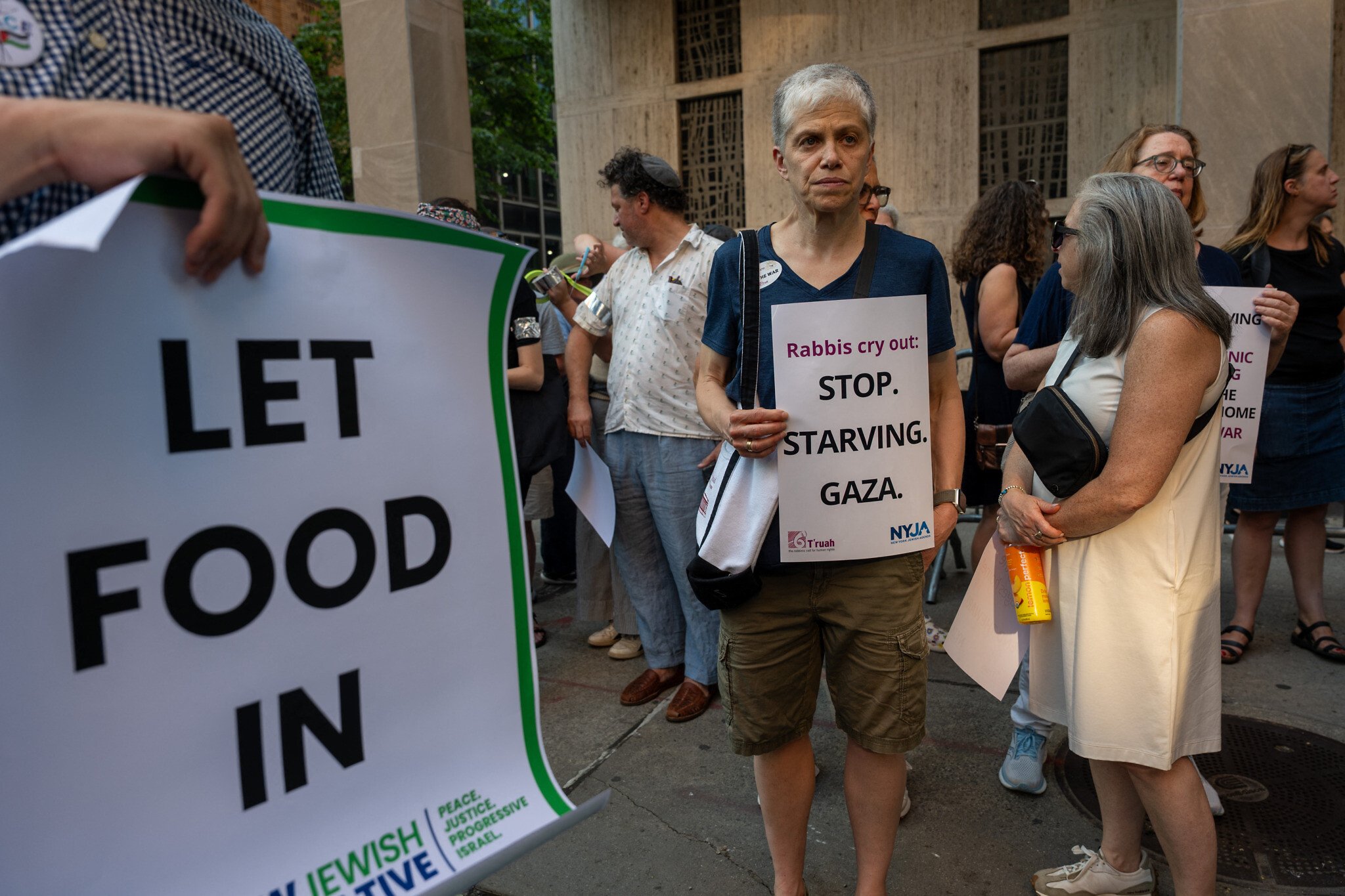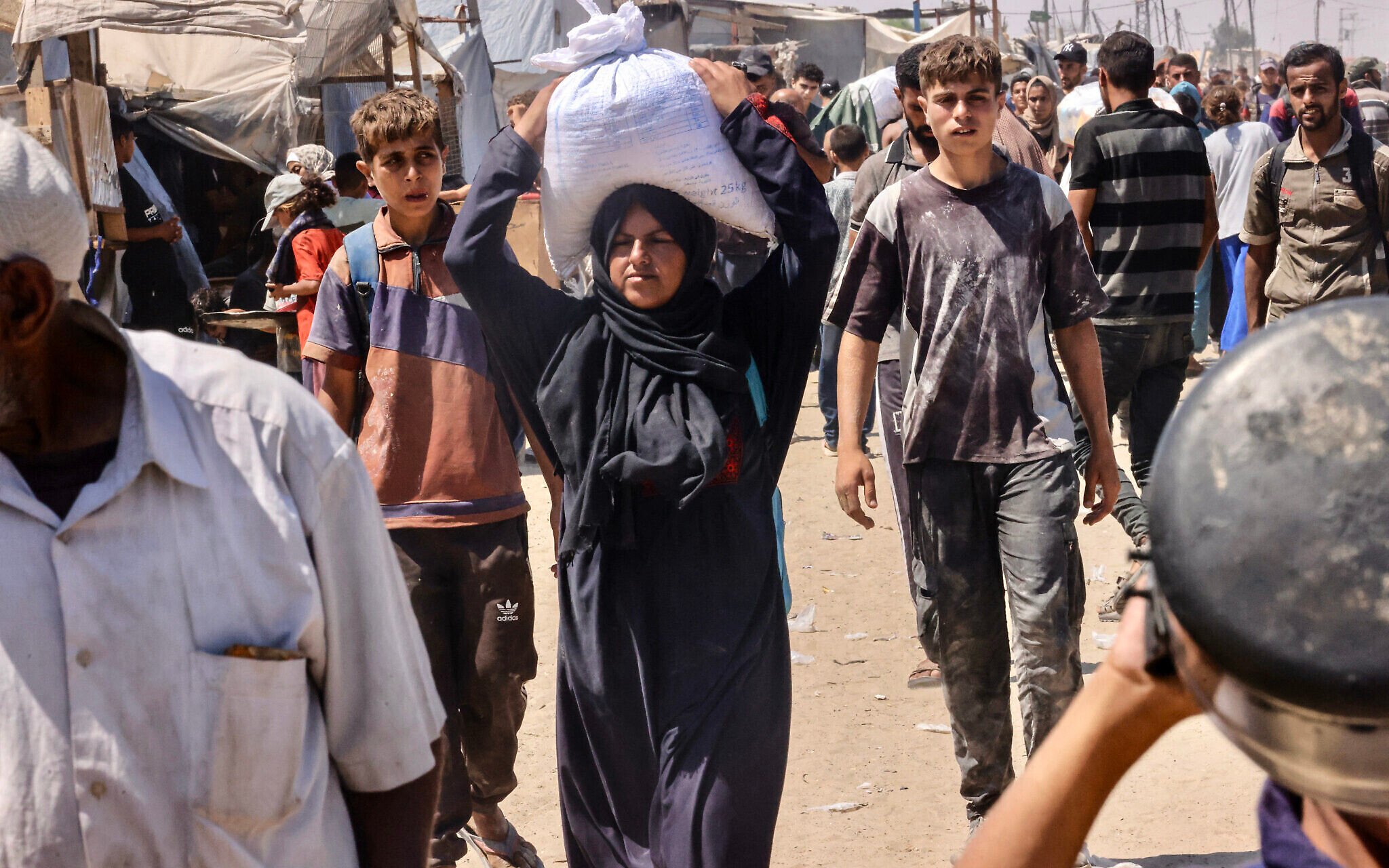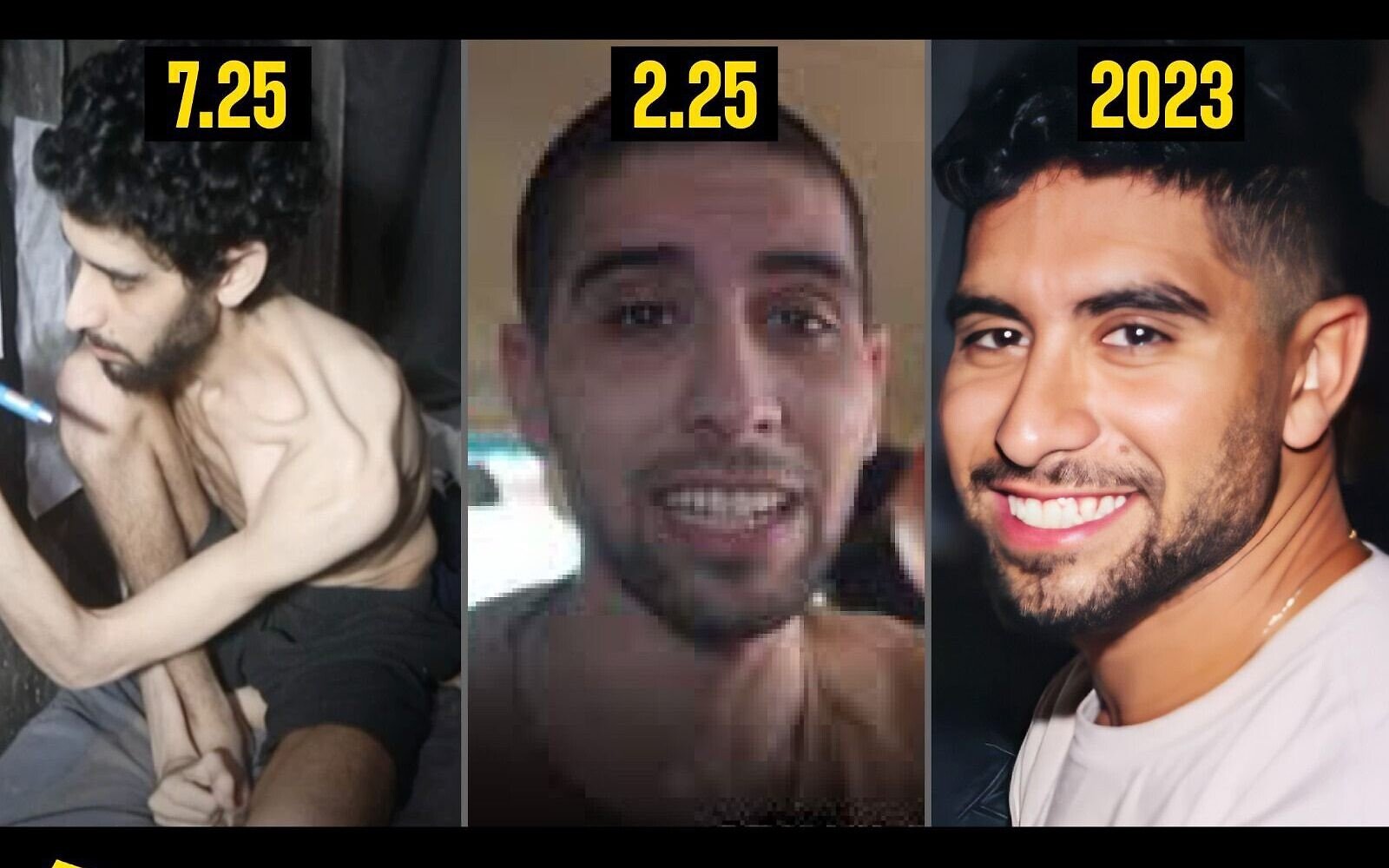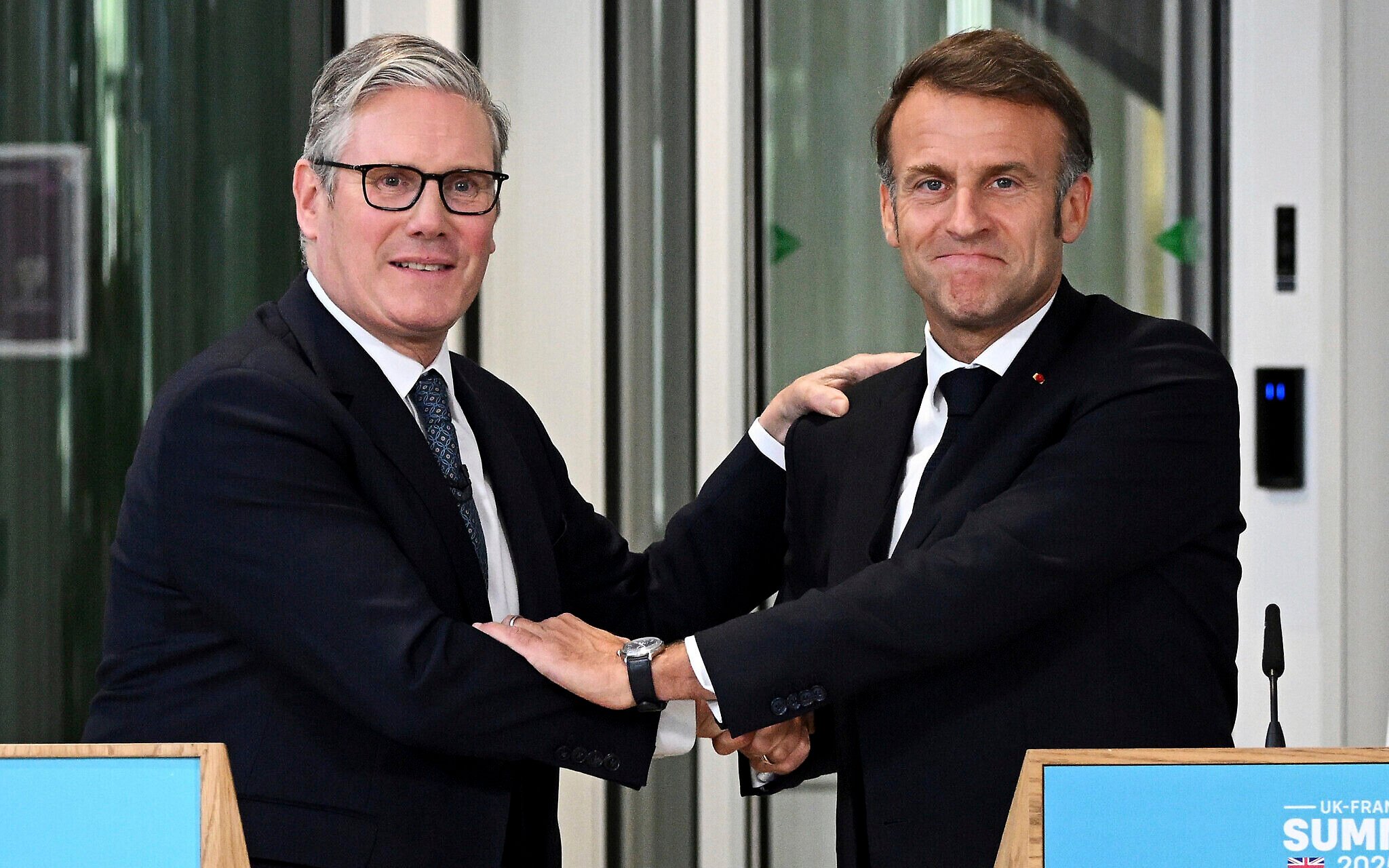T4K3.news
Jewish American groups demand humanitarian aid for Gaza
As Gaza faces worsening conditions, Jewish organizations call for action to provide vital aid.

Prominent groups urge immediate humanitarian aid as Gaza's condition deteriorates.
Jewish American organizations call for action on Gaza humanitarian crisis
Amid escalating concerns about the humanitarian crisis in Gaza, more Jewish American organizations are advocating for humanitarian aid. This response follows alarming warnings from a UN-backed group about a potential famine in the region. Prominent groups, traditionally supportive of Israel, are now calling on the Israeli government to ease restrictions on aid. The American Jewish Committee underscored its support for Israel while also expressing deep concern for Palestinian civilians facing dire conditions. The Reform movement and the Rabbinical Assembly echoed these calls, stressing that humanitarian relief is essential. As protests gain traction, even within historically supportive circles, many Jewish leaders are reassessing their positions on Israel’s policies.
Key Takeaways
"We feel immense sorrow for the grave toll this war has taken on Palestinian civilians."
The American Jewish Committee acknowledges the humanitarian impact of the conflict while supporting Israel's military action.
"Neither escalating military pressure nor restricting humanitarian aid has brought Israel closer to a hostage deal."
The Reform movement critiques Israel’s tactics, advocating for a humanitarian approach instead.
"Hamas could end this suffering immediately through the release of the hostages."
The Rabbinical Assembly emphasizes the dual responsibility of Hamas and the Israeli government in alleviating civilian suffering.
"If we can protest our people’s actions and we don’t, we are responsible."
Morriah Kaplan of IfNotNow underscores the moral obligation to oppose harmful policies against Palestinians.
The growing dissent among Jewish American groups reflects a significant shift in perspectives surrounding Israel's actions in Gaza. This shift is not merely a response to humanitarian needs but highlights broader tensions within the community. The divide is particularly noted among younger Jews, who show increasing discontent with traditional support for Israel's policies. This movement could reshape the dynamics of Jewish identity and American politics, urging both dialogue and policy changes. The urgent calls for aid intertwine morality with political accountability, pushing for a reckoning at a time when public support for Israel is rapidly declining.
Highlights
- Starving civilians contradicts our Jewish values and humanitarian law.
- We must not sacrifice our moral standing for military goals.
- Jewish people face a grave moral crisis and can't remain silent.
- This represents an escalation from previously quiet voices.
Increased humanitarian crisis raises public concern
The significant deterioration of living conditions in Gaza has stirred strong reactions from various Jewish organizations, broadening the discourse around Israel's military actions and humanitarian responsibilities. This shift could lead to potential conflicts within the community and backlash from pro-Israeli factions.
This changing landscape suggests a potential redefinition of Jewish American identity and engagement with Israel's policies.
Enjoyed this? Let your friends know!
Related News

35 US rabbis arrested during pro-Gaza demonstrations

Rabbis demand end to starvation tactics in Gaza

Israeli Navy intercepts humanitarian flotilla Heading to Gaza

Family of hostage pleads for urgent action as video shows suffering

Senate Democrats urge Trump to halt Gaza humanitarian funding

UK prioritizes strategic approach to Palestinian state recognition

Rabbis arrested protesting in support of Gaza aid
